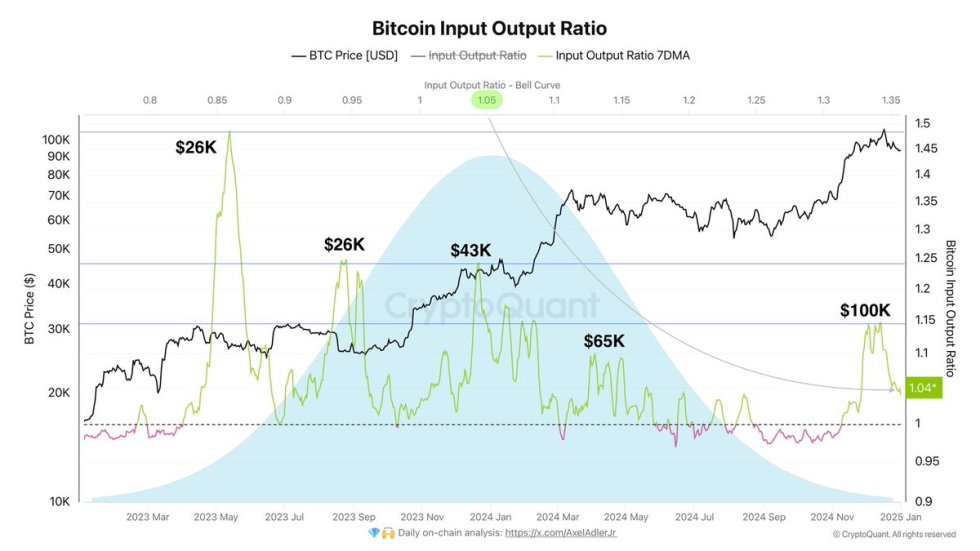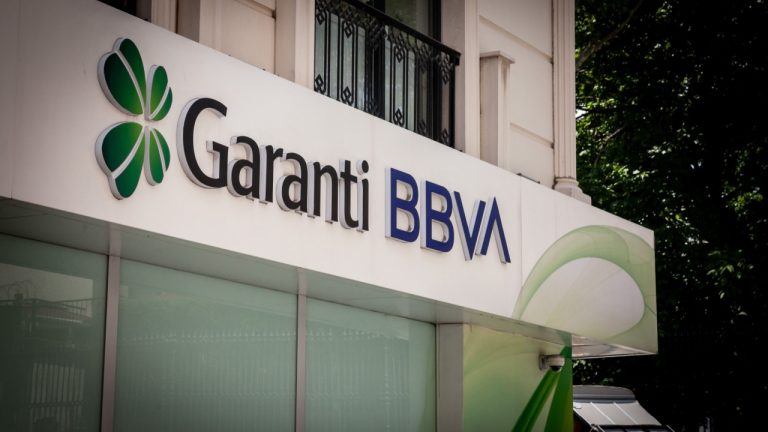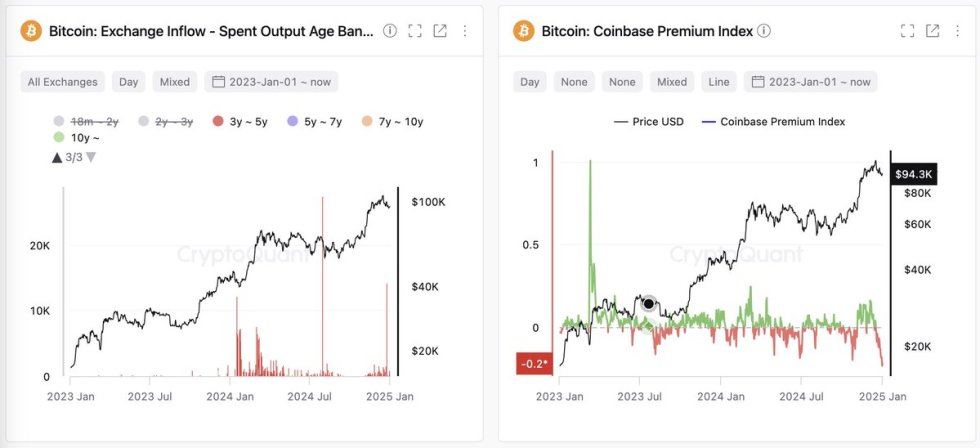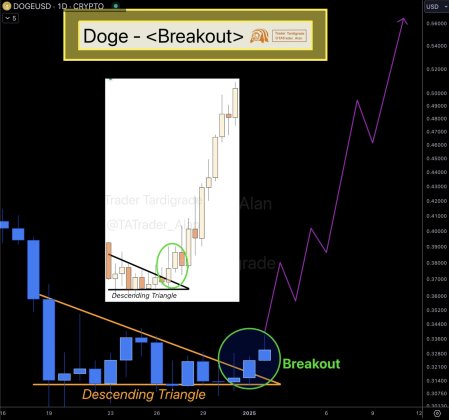 | If you're in the US, you've probably finished your taxes, or quickly finishing them up (you got until April 18th). And you've probably learned the hard way that you could have done a few things differently to make your life easier. 1- Keep your own primary record.You can't rely on just exchanges. If you ran into any errors, discrepancies, or something that didn't add up, or seemed to be missing, you might have spent hours trying to find where it was coming from. This is why you should keep your own spreadsheet of all your crypto transactions, so you have your own record to check against, and don't have to try to remember what transaction you did 8 months ago. If you get staking rewards, airdrops, tips, or any free coin that gets dropped into a wallet you control, you will also want to keep a separate spreadsheet for that. You will need to remember to have a column for transaction (tnx) ID. This will become your airdrop/income spreadsheet. If you're a miner, you'll also want a separate record. 2- Look into using a portfolio tracking software.There's great apps that make this easier. I can't really advertise those here, but look into using a portfolio tracking software. You can even use that instead of a spreadsheet, if it tracks everything you need. They'll also track market prices, and how much your portfolio is worth. Some of them can track your staking rewards. 4- A few tax consequences to keep in mind.There are three things that I think can have major consequences for the average user: a. Big gains harvesting. This is the one you want to avoid doing. This is when you harvest a gain, often by accident, to immediately re-buy the coin you sold. Say you accidentally sell 1 Bitcoin at $55K in 2021. Immediately buy it back, or just change your mind. If you initially bought that coin at $35K, you've just harvested a $20K gain for your 2021 taxes. Now it's 2022, you're filing your taxes, your Bitcoin has crashed back to $33K. But you still owe taxes on $20K gains. Yea, try not to do that. b. Tax loss harvesting. This is the opposite, and something traders try to do. As of this writing, I still haven't seen any new legislation put into effect for the 2022 tax year. c. Read up on how taxes work, it will help you strategize better. If you understand how taxes work, you can strategize better, so you don't end up paying more than you need to. For instance, if the market is on fire, you decide to sell, and you have enormous realized gains for 2022, you could also have big taxes.. You don't necessarily have to sell it all at once. If you don't expect the same big gains in 2023, you could split your gains between the two years. There is a risk of course of the market tanking in the meantime. But understanding how taxes work gives you more option to strategize with. d. Keep records. This is especially important for purchases, gifts, tips, airdrops. Things that will be harder to prove without any paperwork. While you don't need detailed information or proof to file your taxes, you'll need those records if you get audited. [link] [comments] |

You can get bonuses upto $100 FREE BONUS when you:
💰 Install these recommended apps:
💲 SocialGood - 100% Crypto Back on Everyday Shopping
💲 xPortal - The DeFi For The Next Billion
💲 CryptoTab Browser - Lightweight, fast, and ready to mine!
💰 Register on these recommended exchanges:
🟡 Binance🟡 Bitfinex🟡 Bitmart🟡 Bittrex🟡 Bitget
🟡 CoinEx🟡 Crypto.com🟡 Gate.io🟡 Huobi🟡 Kucoin.




















Comments